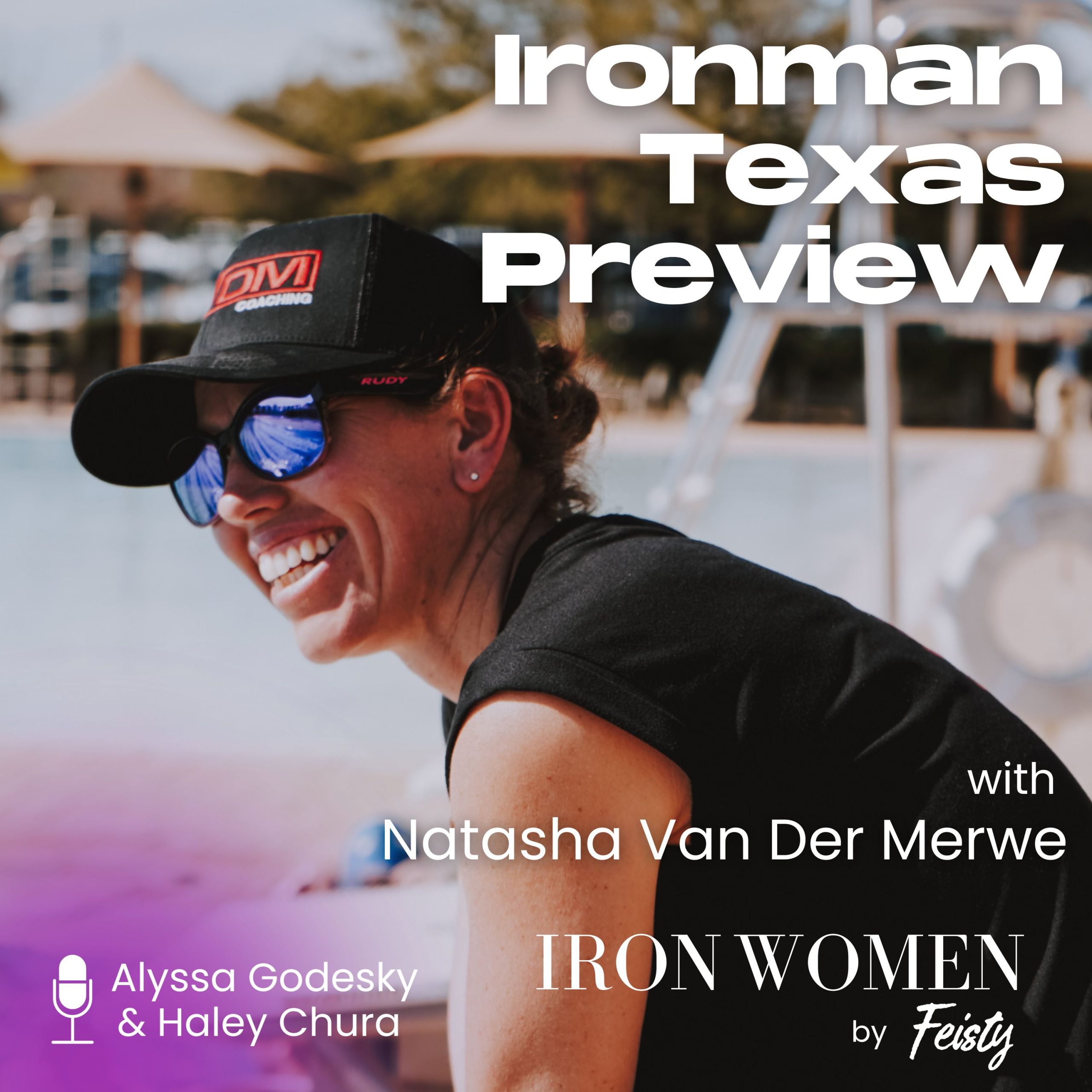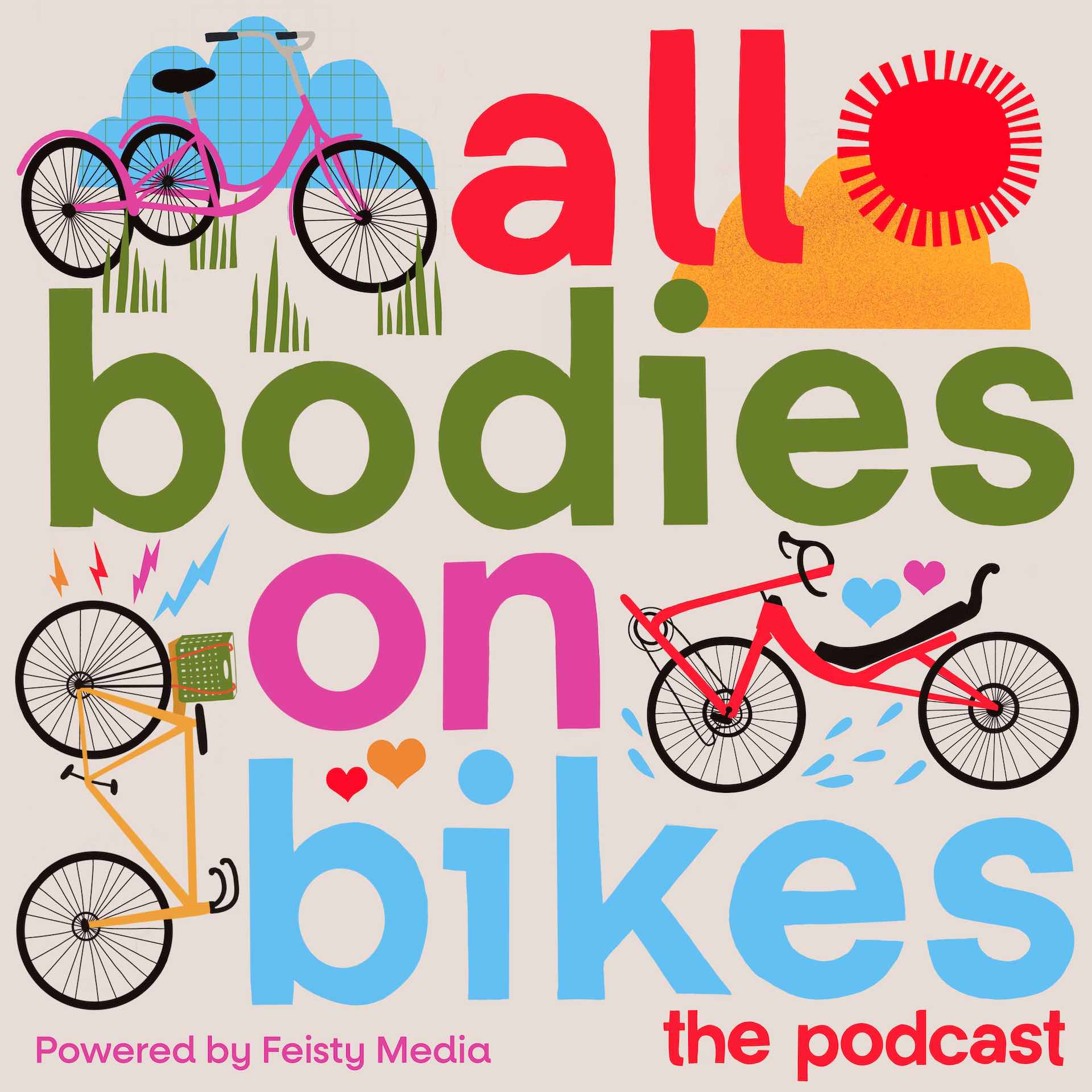June 29, 2018
Mental Strength for Athletes
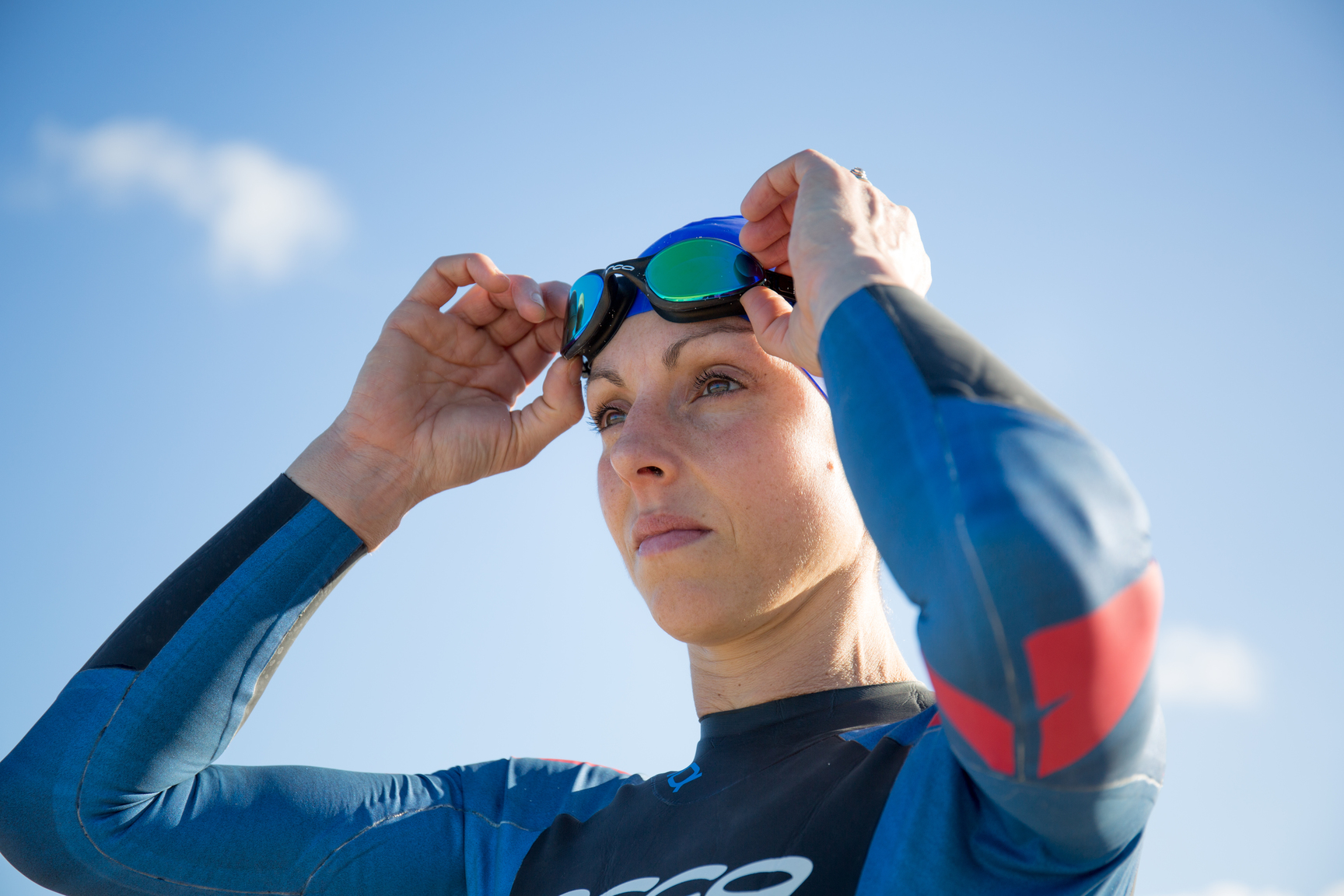
by Caroline Livesey and Lee Evans
There is a lot written in the sporting press about sports psychology – and to me it seems at the moment the sporting world are taking more of an interest in the ability of athletes to override pain thresholds with the power of mental strength. You only have to search “mental strength, triathlon” and you hit hundreds of articles on the topic, some with great pieces of advice. Many of these argue that mental strength gives you the edge.
Our sport is one of endurance thresholds, and many of our champions – including both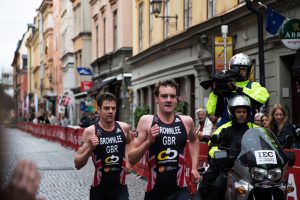 Brownlees – are notorious for being able to push so far through those barriers that they have both passed out and required medical attention after crossing the finish line in numerous races. With these examples as role models for the amateur athlete, it is no wonder there is a tendency towards the search for mental techniques to aid performance.
Brownlees – are notorious for being able to push so far through those barriers that they have both passed out and required medical attention after crossing the finish line in numerous races. With these examples as role models for the amateur athlete, it is no wonder there is a tendency towards the search for mental techniques to aid performance.
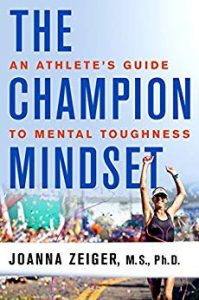 There are literally hundreds of books on the topic, good and bad. One of the triathlon related books that springs to mind is the newly published “The Champion’s Mindset” by Joanna Zieger. It offers insight into some of the tricks that can really advance your mental approach to training and racing, backed up with anecdotes from of a truly tough woman. Many will also have read Prof. Steve Peters famous “The Chimp Paradox” which is more technical, but a funny read too. A new paper is seemingly published on this topic every day, the information available is endless.
There are literally hundreds of books on the topic, good and bad. One of the triathlon related books that springs to mind is the newly published “The Champion’s Mindset” by Joanna Zieger. It offers insight into some of the tricks that can really advance your mental approach to training and racing, backed up with anecdotes from of a truly tough woman. Many will also have read Prof. Steve Peters famous “The Chimp Paradox” which is more technical, but a funny read too. A new paper is seemingly published on this topic every day, the information available is endless.
So how do athletes sift through all this information and come up with a strategy which they can apply with confidence? It is common to read these articles or books, think they are fabulous, and then put them down and never think about them again. At the most, perhaps a couple of the phrases or techniques ring true and you apply them for a couple of months. But how many of us read the advice, clearly see what will work for us, and then apply it routinely every day in a focussed and positive way?
Having had a bit of experience (good and bad) with pain thresholds recently, and also having had an opportunity to work with Lee Evans of Mind Power Solutions, an expert on mental strength and mind power, I am going to offer some of my thoughts on how to really make a difference.
Lee has been working in the field of mental strength for many years now, having started out first with NLP & Coaching in the British Military. He discovering the potential of the mind through hypnosis and pain free surgery, which was his test to see if it was real. Lee has a true passion for helping people target the use of their own minds for their goals in life.
I asked him what he believes the most common mistake/ 
Fear. They misuse their own imagination against themselves, and therefore create tension in the body and mind, which in turn limits their potential and their performance. This lack of awareness is understandable as the challenge of having to accomplish tasks against competition is an automatic set up for psychological distress. Athletes are judged after every performance. If someone is faster or better than them, their own judgements of their performance are essentially negative. They accept all of the negative influences into their minds, and then reinforce them with thoughts like ‘I am not good enough’ ‘I don’t deserve to be here, among these stronger, or purer athletes’. They are their own biggest anxiety producer. Other peoples’ opinions and expectations have a big effect on most people, especially if insecure about whether people like them or not.
This was interesting to me as I could certainly relate to some of those thoughts from early on in my athlete development, and also amongst people I have coached. I wondered where this performance related anxiety starts and why athletes insist on measuring their performances with constant comparisons to others.
Social pressure plays its part, as winning is admired or even worshipped, and absorbing the most amount of punishment is proof of character in some peoples’ eyes. This kind of thinking is conditioned in us from an early age in the school playground.
The key to understand is, every thought and idea in the mind has the potential to create a physical response in the body, and it usually does, whether the ideas are real or imagined. Fear creates tension, which inhibits performance. The wonderful fight or flight response is usually used badly.
Fear also leads to an inability to relax or use breathing effectively. There is a general lack of awareness of the powerful nervous system response created by breathing and relaxation, which results in high levels of focus and concentration.
I am sure we can all relate to that” fight or flight” response on some level. How often do we line up at the start of a race or hard key session with fear in our minds! That fear not only expends nervous energy which could otherwise be used to swim/bike/run faster – but it also leads to negative expectations which in themselves influence performance.

I agree that it is referred to like this, as if it is based on luck. My interpretation, and experience, is different. The zone, or being in flow, is a normal part of consciousness that anyone with the right motivation, training, and practice can learn to achieve on demand. It is about achieving profound levels of relaxation in the body, and in the mind very quickly. It is about creating that sensation of non-effort, where everything feels easier, and you are experiencing the natural high of life. Successful performers will have found a system, whether knowingly or not, to deal with the psychological stresses of their sport. These consist of repeatable, self-controlled ways of turning stress energies into productive drives, enjoyment, and control.
But to program this into your mind takes time and commitment. 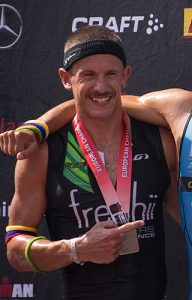 One of the strongest athletes in our sport, and someone who has become synonymous with fighting for the win is Lionel Saunders. I recently asked him about his mental strength training, and he confirmed that he practices it daily, in everything he does. But for most athletes, asking them to invest even an hour a day in a mental strength program will sound like a lot. It is common for sports people to think like this, as Lee confirmed.
One of the strongest athletes in our sport, and someone who has become synonymous with fighting for the win is Lionel Saunders. I recently asked him about his mental strength training, and he confirmed that he practices it daily, in everything he does. But for most athletes, asking them to invest even an hour a day in a mental strength program will sound like a lot. It is common for sports people to think like this, as Lee confirmed.
I think people do not practice deep levels of relaxation as a habit because they are mostly unaware of themselves, and their ability to be in control. When I say relaxation, I mean a relaxation of the nervous system, a state in which every muscle and nerve can be in optimum position to perform. In this state the system achieves synchronicity and perfect balance. People will frequently say that they don’t have enough time, but this statement really doesn’t make any sense as we all have the same amount of time. Our experiences are created by what we prioritise doing in the time available to us. Learning to relax very powerfully, can benefit us in so many ways; physically, mentally, and emotionally, and so many areas of our lives are affected as a natural by-product. The ironic thing is if you learn to relax, and cultivate active relaxation in your everyday life, you become far more productive, and achieve much more in the time allocated to tasks. Relaxing the muscles powerfully also reduces the chance of injury. Many athletes speak of and use visualisation, although in my opinion it is commonly misunderstood. With practice, mental rehearsal is extremely valuable for building positive mental expectation. One of the rules of the mind is ‘what’s expected tends to be realised’ for good or for ill.
The key is to spend time preparing your body and mind for the rigours of the training and racing that you are doing. Triathlon, and Ironman in particular, is an incredibly tough sport. The length of the race demands not just great physical fitness but also the ability to push through pain barriers and be strong mentally for long periods of time. So much can happen in a race that can take you by surprise, so calling on that mental strength and focus is key.
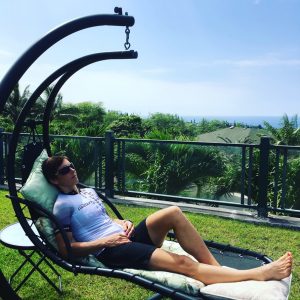
A typical program with Lee would start with basic relaxation tools and build on them with concentration and mental rehearsal, preparing an athlete not only for the race, but for the usual anxiety of pre-race week. No matter how many great books you read, I don’t think you can really understand these techniques without a teacher. Through working with Lee I have developed a much deeper understanding of what mental strength really is and how to develop it. Not giving energy to negative thoughts is so key to this.
Your brain and nervous system is responding to images all of the time. Try hard not to think of the Eiffel Tower being stepped on by a giant elephant. In trying not to do something, we must first create an awareness of the object, and then not think about it, by which time it is too late.
To be mentally strong, you must invest in a consistent mental strength training program. Think about the amount of energy athletes put in to the gym, bike, swimming, running to be physically in great shape, or how they follow a nutrition plan religiously, and it will make sense that to achieve real mental strength, resilience, and focus, requires consistent application of a mental fitness program. If you didn’t go to the gym, you wouldn’t expect your muscles to be strong, so why do people think they can ignore mental training, and still expect to be as mentally strong as they could be?
I can absolutely concur with this statement. Positivity, confidence and focus drip feed into all the various parts of your life and create tangible benefits not just in sport but in work and relationships outside of that. We all face challenges every day; it is not often that life goes entirely to plan. But the ability to live in the moment, be adaptable, and stay positive in the face of these challenges is something that anyone can develop. All it takes is the right person to guide you, and commitment to your own happiness and wellbeing.
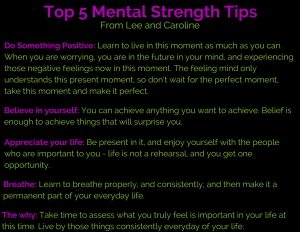


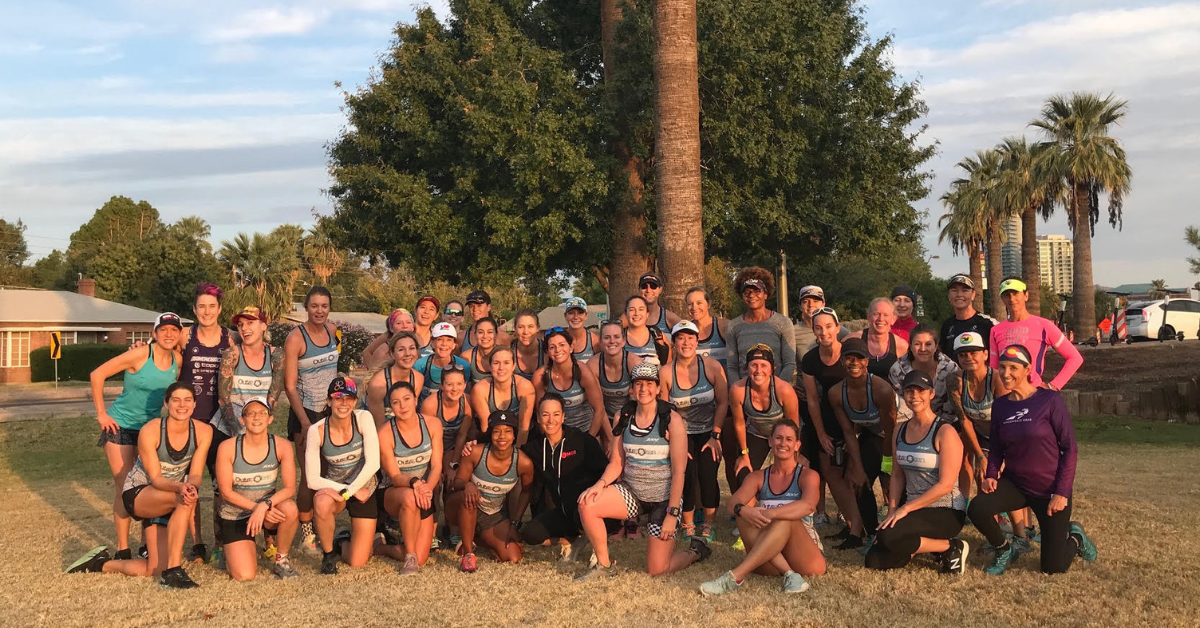 Outspoken Women in Triathlon Summit Returns Bigger than Ever
Outspoken Women in Triathlon Summit Returns Bigger than Ever 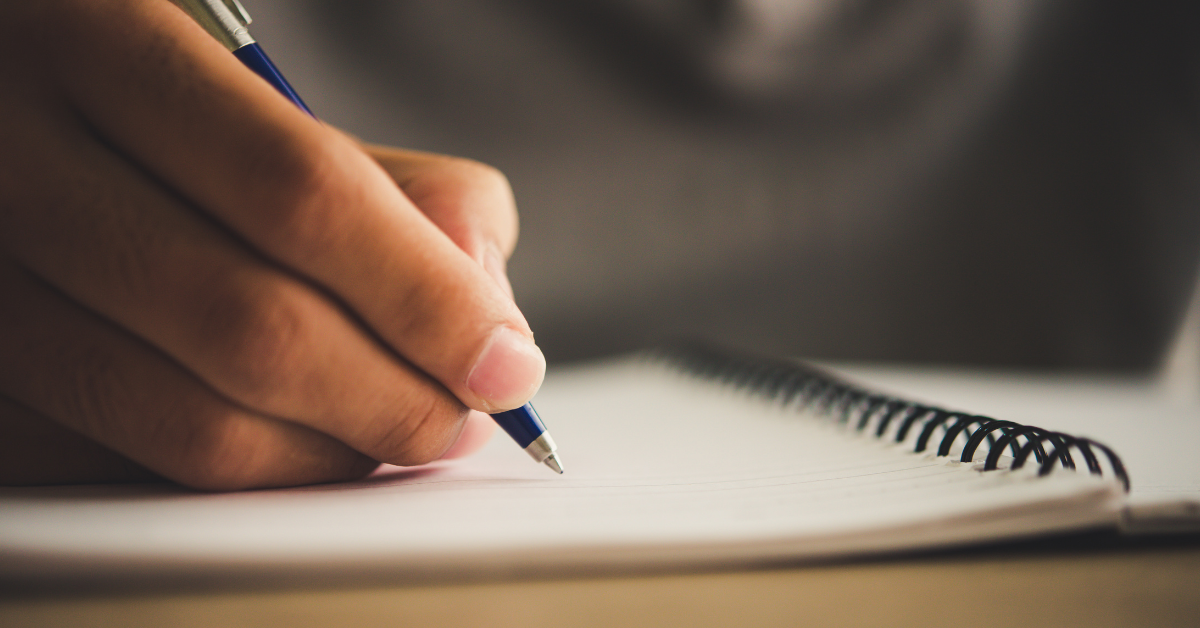 Driving the Lamborghini: Productivity and the Power of Paper
Driving the Lamborghini: Productivity and the Power of Paper 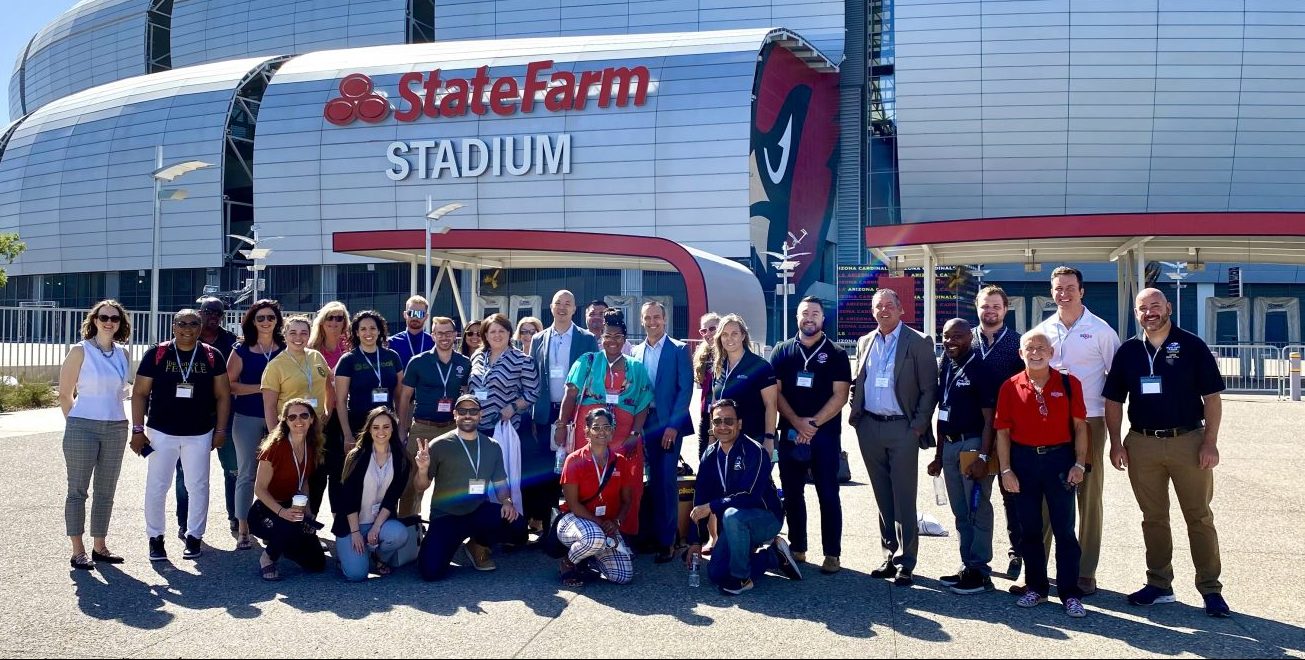 5 take aways from the Compete Sports Diversity Summit
5 take aways from the Compete Sports Diversity Summit  Simple Tips to Hone Your Bike Handling Skills
Simple Tips to Hone Your Bike Handling Skills 